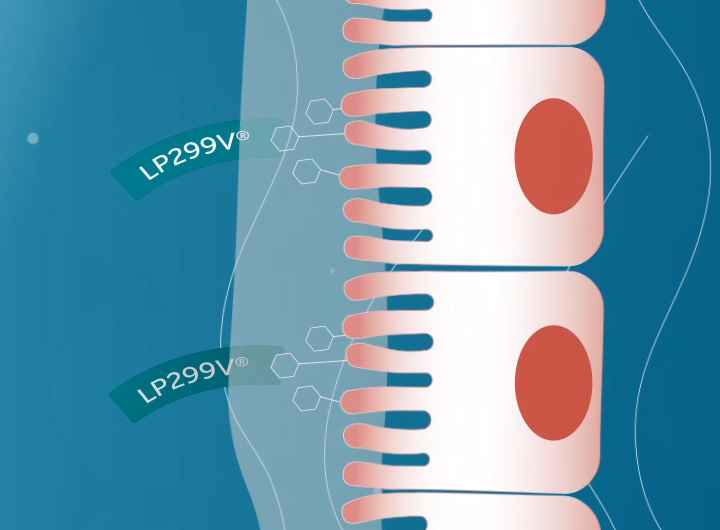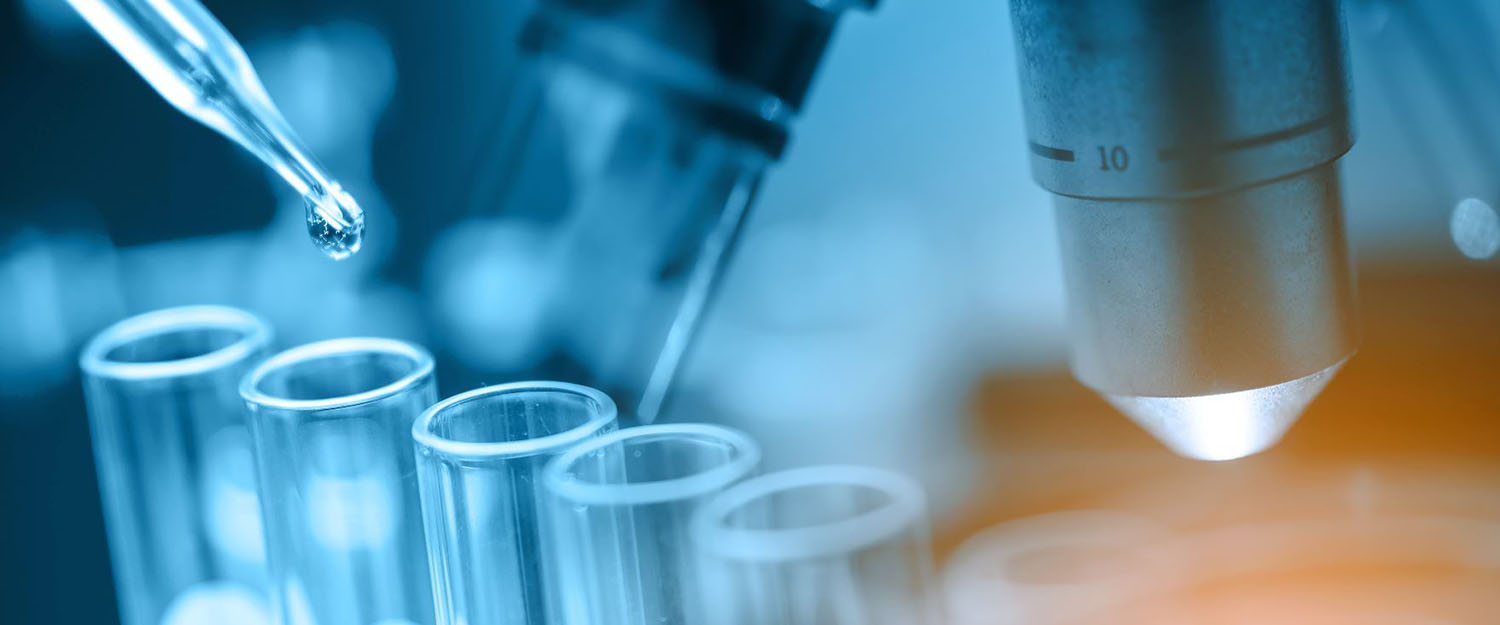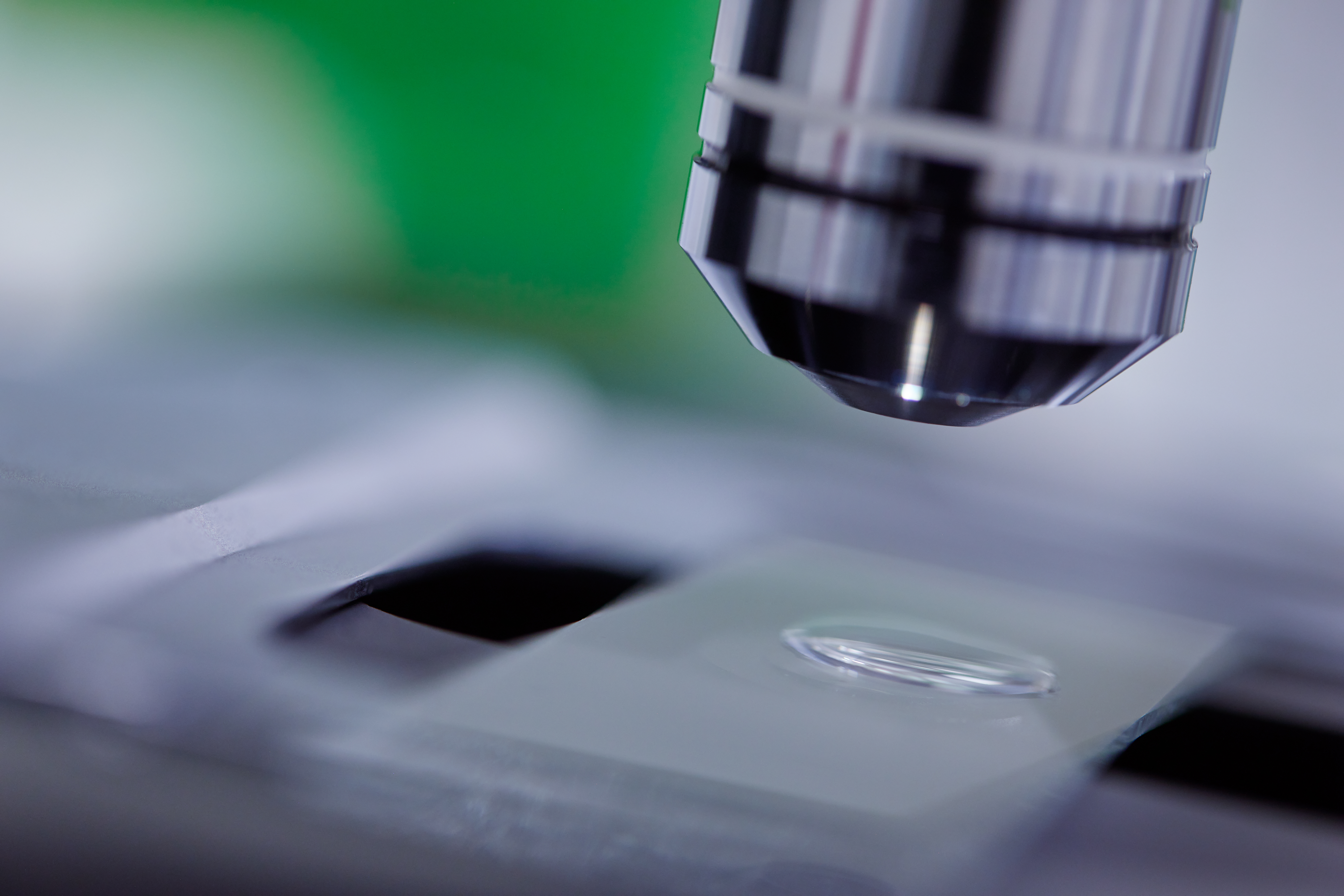

Probi Digestis® is based on Lactiplantibacillus plantarum 299v (LP299V®), one of the most well-documented probiotic bacteria in the world, clinically proven to support gastrointestinal health. See how the strain survives the passage through the entire gastrointestinal tract from the mouth to the colon in this video.
Explore the mode of action of Lactiplantibacillus plantarum 299v, the most clinically documented L. plantarum strain in the world.
Video transcription:
Probi Digestis® is based on the most clinically documented L plantarum strain in the world, Lactiplantibacillus plantarum 299v, in short LP299V®. The LP299V® strain is proven to survive the passage through the entire gastrointestinal tract from the mouth to the colon. LP299V has been found to colonize both the small and large intestines, despite the presence of oxygen in the upper parts.
Many other bacteria are sensitive to oxygen and can only be found in the large intestine where oxygen levels are very low. LP299V® binds to the epithelial cells of the intestinal wall, the so-called enterocytes. These are composed of a nucleus and finger-like structures called villi facing the inside of the intestine.
The binding between LP299V® and the enterocytes involves mannose residues on the villi and proteins expressed on the surface of the bacteria. As the LP299V® strain binds to the enterocytes, direct communication between the bacteria and the intestinal wall is enabled. This promotes the production of mucus, which is the first line of defense against intruding pathogens. It also strengthens the tight junctions, responsible for holding the epithelial cells tightly bound to each other. The risk for translocation over the intestinal wall, also known as a leaky gut, thereby decreases.
The mannose-binding mechanism is shared with certain other bacterial strains, some of them potentially pathogenic bacteria. When LP299V® occupies the binding sites these potential pathogens can no longer attach to the enterocytes and are flushed out of the system. This is called competitive exclusion.
LP299V® is a lactic acid-producing bacterium. Lactic acid lowers the pH in the intestinal lumen, making the environment suitable for other beneficial bacteria as well. Lactic acid is also a precursor to short-chain fatty acids, which provide energy to the intestinal cells. Taken together this leads to a more diverse and healthier intestinal microbiota and helps to strengthen the intestinal wall. The result is a healthy and intact intestinal barrier and improved gut health.
Discover the probiotics to support a healthy gut and how they can be used to build consumer trust. In this webinar, get to understand the unique mode of action of Probi Digestis® with our Science Manager, Caroline Montelius Ph.D.
Watch webinar

The human digestive system is teeming with bacteria, both good and bad, forming a delicately balanced ecosystem. When the balance...

The most documented L. plantarum strain in the world, related to gut health. LP299V® probiotic strain is suitable for dietary...

Probi® has spent more than thirty years investigating the safety and efficacy of our probiotic strains. We conduct...